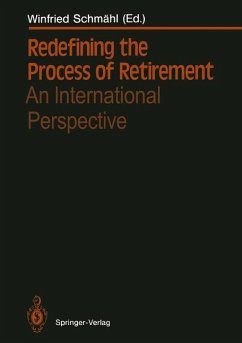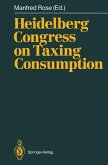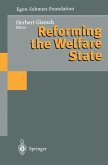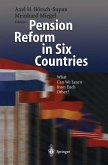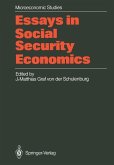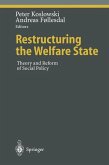Past and future development as well as possibilities for influencing the process of retirement are discussed, in particular effects on the labour market (supply and demand, behaviour of workers and firms, concerning human resource management and occupational pensions), financing of social security and income of workers. Decisions concerning earlier or postponed, full or partial retirement are the main topic stressing the central role of firms' decisions depending e.g. on their view of the productivity of the elderly. Reports on Scandinavian countries (Sweden, Denmark, Finland) in particular on their approach for partial retirement are included as well as papers discussing possibilities to stop the trend of early exit from the labour force and how to give incentives for a longer working life (e.g. by changes in social security). These topics are discussed in the view of structural changes in demography, economy and society, using - among other - the US and West Germany as examples. The papers point out the necessity to look at retirement as a process (in a life cycle perspective, requiring longitudinal data for empirical research) and in a perspective integrating the different aspects involved.
Bitte wählen Sie Ihr Anliegen aus.
Rechnungen
Retourenschein anfordern
Bestellstatus
Storno

